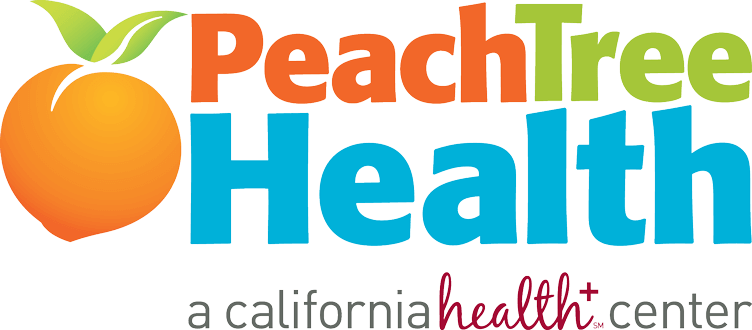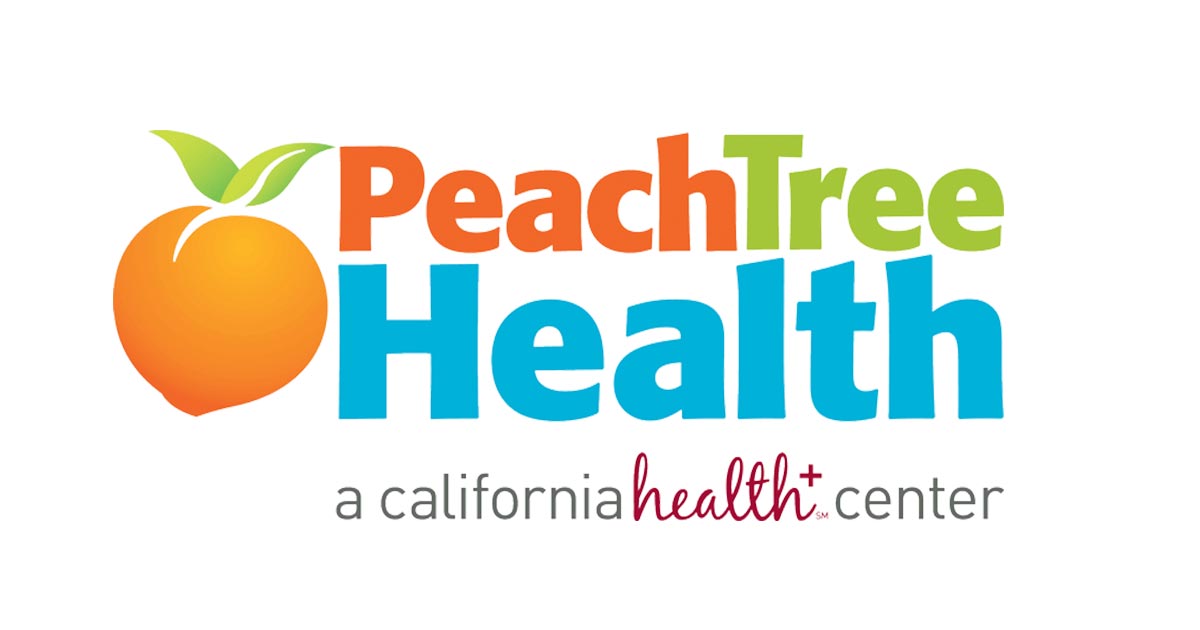Understanding STI Awareness Month: Promoting Sexual Health and Breaking Stigma
As April approaches, so does the annual observance of STI Awareness Month—a time dedicated to shedding light on sexually transmitted infections (STIs) and advocating for sexual health education and prevention. In California, where rates of STIs have been steadily rising in recent years, this month holds particular significance. Let’s delve into why STI Awareness Month matters, examine some alarming statistics from California, dispel common myths, and explore ways to promote sexual health.
Understanding the STI Epidemic in California
California, like many other regions, is facing a significant increase in STI cases. According to the California Department of Public Health (CDPH), the state saw a 20% increase in reported cases of chlamydia, gonorrhea, and syphilis from 2015 to 2019. In 2019 alone, there were over 330,000 reported cases of these three common STIs. These statistics underscore the urgent need for heightened awareness and preventive measures.
In California, as in many other parts of the world, several sexually transmitted infections (STIs) pose significant health risks due to their prevalence and potential complications. Some of the most dangerous STIs in California include:
- HIV/AIDS: Human Immunodeficiency Virus (HIV) is a virus that attacks the body’s immune system, leading to Acquired Immunodeficiency Syndrome (AIDS) if left untreated. HIV/AIDS remains a significant public health concern in California, particularly among certain populations such as men who have sex with men (MSM) and communities of color.
- Syphilis: Syphilis is a bacterial infection that can cause serious health problems if not treated, including neurological complications, cardiovascular issues, and organ damage. In recent years, California has seen a resurgence of syphilis cases, particularly among men, including MSM.
- Gonorrhea: Gonorrhea is a bacterial infection that can affect the genital tract, rectum, and throat. Left untreated, gonorrhea can lead to complications such as pelvic inflammatory disease (PID) in women and infertility in both men and women. California has experienced a rise in gonorrhea cases in recent years, with particular concern for antibiotic-resistant strains.
- Chlamydia: Chlamydia is a common bacterial STI that can lead to serious complications if left untreated, including infertility and ectopic pregnancy in women. Chlamydia is highly prevalent in California, especially among young adults.
Dispelling Myths Surrounding STIs
Despite efforts to educate the public, misconceptions about STIs persist. Let’s address some common myths:
- Myth: Only Promiscuous Individuals Get STIs Fact: STIs do not discriminate based on sexual behavior. Anyone who engages in unprotected sexual activity can contract an STI, regardless of their number of partners.
- Myth: STIs are Always Symptomatic Fact: Many STIs, including chlamydia and gonorrhea, can be asymptomatic, meaning individuals may not experience any noticeable symptoms. Regular testing is crucial for early detection and treatment.
- Myth: You Can’t Get an STI If You’re in a Monogamous Relationship Fact: While being in a monogamous relationship can reduce the risk of contracting an STI, it does not eliminate it entirely. STIs can still be transmitted through unprotected sex or if one partner has had previous sexual encounters.
- Myth: STIs Only Affect Young People Fact: While young adults are at higher risk, STIs can affect individuals of all ages. In fact, rates of STIs among older adults have been rising in recent years.
Promoting Sexual Health and Awareness
STI Awareness Month serves as a vital opportunity to promote sexual health and empower individuals to take control of their well-being. Here are some ways you can get involved:
Prevention Measures for common STIs include:
-
- Safe Sex Practices: Consistently and correctly using condoms during sexual activity can significantly reduce the risk of contracting and transmitting STIs, including HIV, syphilis, gonorrhea, and chlamydia.
- Regular Testing: Routine STI testing is essential, especially for individuals who are sexually active or have multiple sexual partners. Testing allows for early detection and treatment of STIs, which can help prevent the spread of infection and reduce the risk of complications.
- PrEP (Pre-Exposure Prophylaxis): PrEP is a preventive medication regimen for individuals at high risk of HIV infection. PrEP can significantly reduce the risk of contracting HIV when taken as prescribed.
- Treatment of Partners: If diagnosed with an STI, it’s crucial to inform and encourage sexual partners to seek testing and treatment to prevent reinfection and further transmission.
- Education and Awareness: Promoting sexual health education and awareness initiatives can help combat stigma, increase knowledge about STIs and prevention methods, and encourage healthy sexual behaviors.
- Access to Healthcare Services: Ensuring access to affordable and confidential healthcare services, including STI testing, treatment, and counseling, is vital for addressing STIs effectively.
By coming together to address the stigma and misconceptions surrounding STIs, we can create a safer and healthier environment for all. Let’s use STI Awareness Month as a catalyst for change and commit to prioritizing sexual health year-round.
#STIAwarenessMonth #SexualHealth #GetTested #EndTheStigma #SafeSex #KnowYourStatus
Peach Tree Health offers prevention, education, testing, and treatment for Sexually Transmitted Infections.
Call us at (530) 749-3242 to schedule an appointment!
You can learn more about all of Peach Tree Health’s services at www.pickpeach.org

